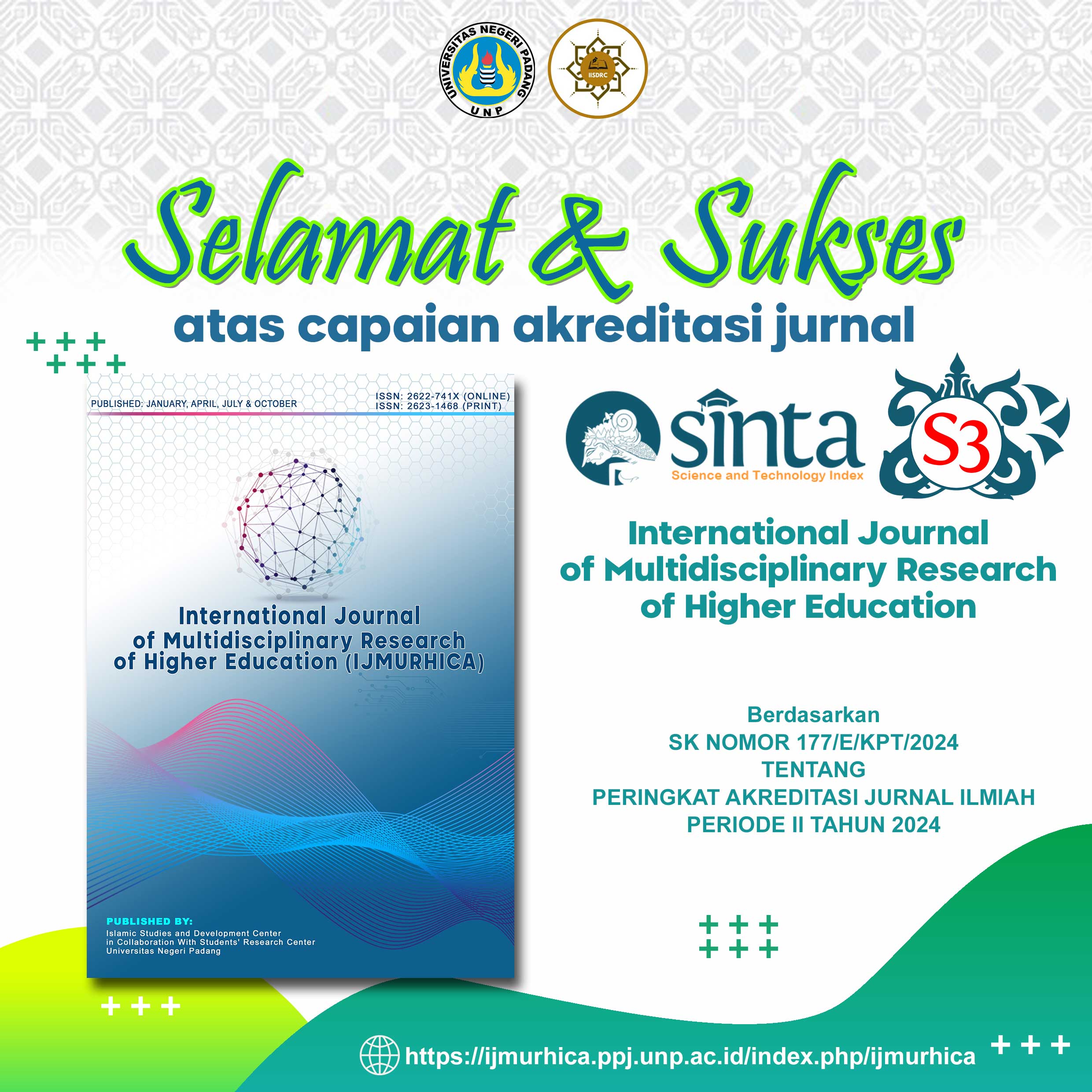Impact Analysis of Using Artificial Intelligence on Student Skill Development
DOI:
https://doi.org/10.24036/ijmurhica.v8i3.351Keywords:
Artificial Intelligence, efficiency, accuracy, independence, academic skillsAbstract
Advances in artificial intelligence have brought significant changes in various aspects of life, including higher education. This study aims to analyze the impact of using Artificial Intelligence on students' academic skills, focusing on aspects of efficiency, accuracy, and independence in completing academic tasks. Using a quantitative approach with a survey method, this study involved 100 students as respondents. The data collected was analyzed using descriptive statistical tests, Pearson correlation, and multiple linear regression to identify the relationship between the variables studied. The results showed that although Artificial Intelligence can improve efficiency and provide wider access to academic information, its effect on students' academic skills was not statistically significant. Regression analysis revealed that students' efficiency, accuracy, and independence in using AI explained only 3% of the variation in their academic skills, while the other 97% was influenced by other factors. This finding confirms that over-reliance on AI may hinder the development of students' critical and analytical thinking skills, as described in constructivist learning theory and cognitive learning theory. The implications of this research suggest that educational institutions need to develop policies that encourage the judicious use of Artificial Intelligence, ensuring that Artificial Intelligence acts as a learning tool without replacing students' independent thinking processes.
Downloads
Downloads
Published
How to Cite
Issue
Section
License
Copyright (c) 2025 Muhammad Hafidz Khusnadin, Munawir Hasan, Fani Agung Mulyani, Puja Dikusuma Mardiana, Tsania Siti Khopipah

This work is licensed under a Creative Commons Attribution-ShareAlike 4.0 International License.






